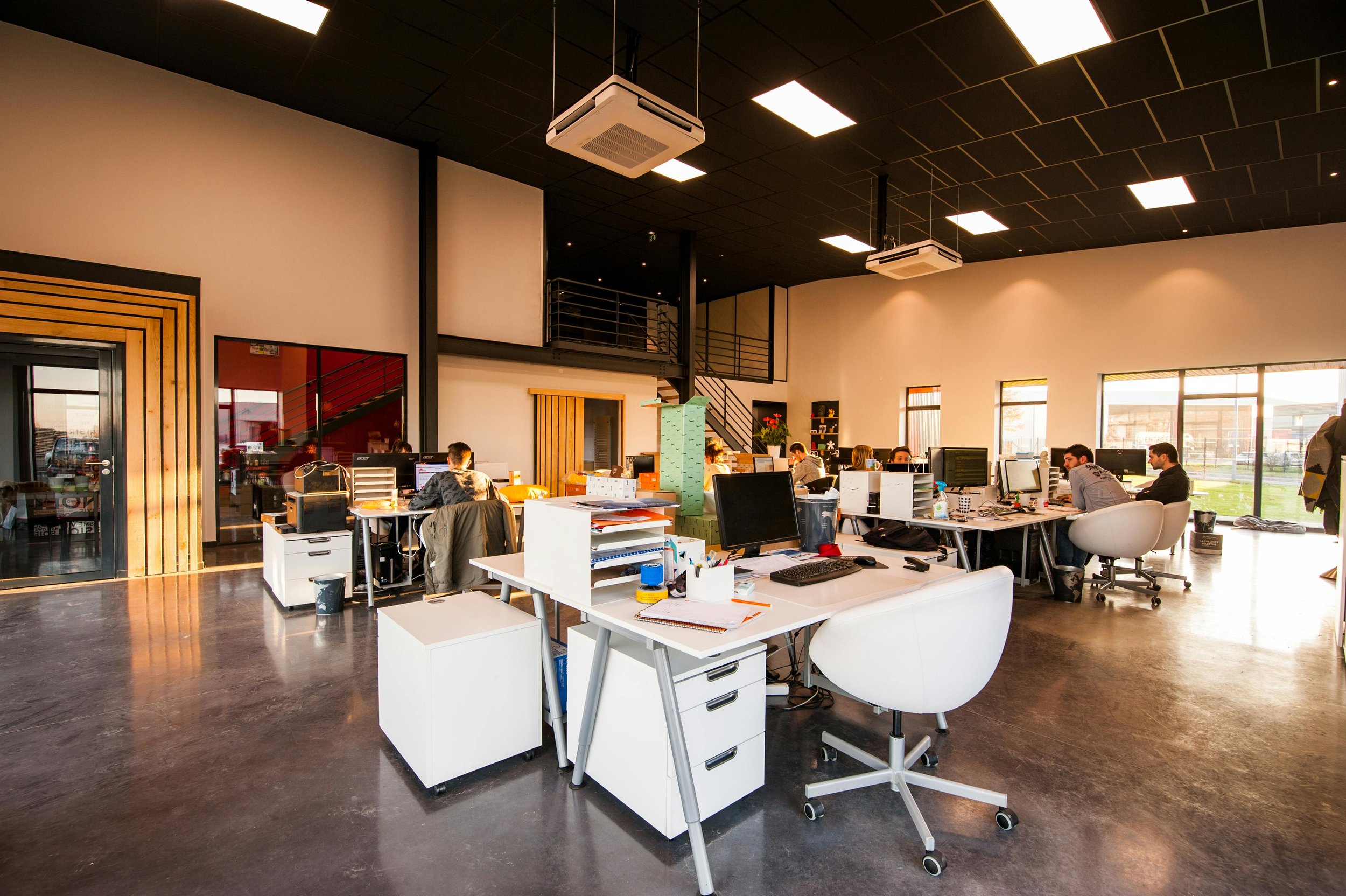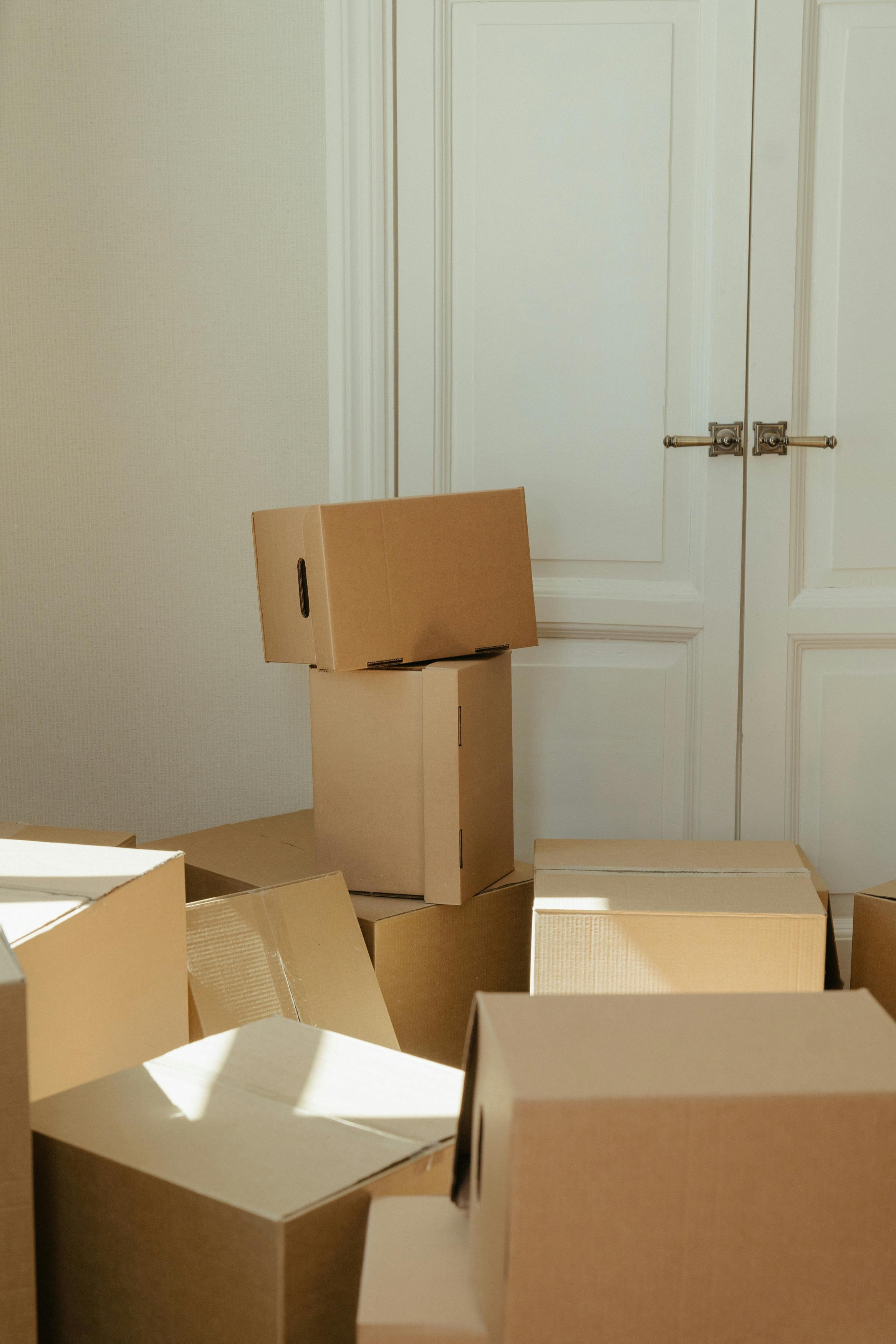Questions to Ask When Hiring Commercial Movers
Unsure which questions to ask commercial movers? Get expert tips on what to inquire about to ensure you get the best service and avoid moving headaches.
Finding a reliable commercial moving company can be overwhelming. With so many options available, how do you ensure you're selecting a team that meets your needs?
You might worry about hidden costs, unreliable service, or unprofessional conduct. These concerns can lead to stress and disrupt your business operations if not addressed properly.
The key to a successful move is asking the right questions. By focusing on crucial aspects like experience, insurance, and pricing, you can make an informed decision and avoid potential pitfalls.
To help you navigate this process, we've compiled a list of essential questions to ask. These will guide you in evaluating your options and selecting the best movers for your commercial needs.
What Experience Do You Have with Commercial Moves?
When evaluating commercial movers, one of the most critical questions is about their experience. Unlike residential moves, commercial relocations often involve larger and more complex logistics. The moving company’s experience in handling commercial moves will significantly impact the efficiency and effectiveness of your relocation.
Experience in Similar Industries: It’s important to inquire if the movers have worked with businesses in your industry. Different types of businesses have unique needs and challenges. For example, a medical office will have different requirements compared to a tech startup. Movers experienced in your specific industry will better understand these needs and be more adept at handling them.
Scope of Experience: Ask about the scale and scope of their past commercial moves. Have they managed relocations for small offices, large corporate spaces, or both? Understanding the range of their experience will give you insight into their capability to handle your move, regardless of its size or complexity.
References and Case Studies: Request references from past clients or ask for case studies of similar moves they’ve completed. This will help you gauge their performance and reliability. Positive feedback from previous clients can provide reassurance and build confidence in their ability to manage your move effectively.
What Insurance and Licensing Do You Provide?
Insurance and licensing are crucial components of a professional moving service. Ensuring that the movers are adequately insured and licensed protects your business from potential risks and damages during the move.
Insurance Coverage: Ask the moving company about the types of insurance they offer. This typically includes liability insurance, which covers damage to your property, and worker’s compensation, which protects against any injuries sustained by the moving crew. Verify that their insurance coverage is adequate for the value of the items being moved and that it meets industry standards.
License Verification: Ensure the moving company is properly licensed. In the U.S., commercial movers are required to have a valid license from the Department of Transportation (DOT) if they are moving goods across state lines. For intrastate moves, licensing requirements may vary by state. Verify their licensing status with the appropriate regulatory body to ensure they comply with legal requirements.
Additional Protection: Inquire about any additional protection or guarantees they offer. Some moving companies provide options for extra coverage or damage protection plans. Understanding these options will help you choose a mover that aligns with your risk management preferences.
What Are the Costs and How Are They Calculated?
Understanding the cost structure of your move is vital for budgeting and avoiding unexpected expenses. Different moving companies have varying pricing models, so it's essential to clarify these details upfront.
Eric Taylor, owner of Fort Mill Friendly Movers, emphasizes, "Transparency in pricing is crucial for a successful move. We always provide a detailed breakdown of costs and ensure our clients understand every aspect of the pricing structure. This helps avoid any surprises and allows businesses to plan their budgets effectively."
Pricing Structure: Ask for a detailed breakdown of the costs associated with the move. This should include charges for packing, loading, transportation, unloading, and any additional services. Ensure that there are no hidden fees or surcharges that could inflate the final cost.
Estimates and Quotes: Request a written estimate or quote based on an on-site evaluation. Accurate estimates are crucial for planning your budget and ensuring there are no surprises on moving day. Be wary of companies that provide only verbal quotes or offer significantly lower estimates than others, as this can sometimes indicate hidden costs or subpar service.
Payment Terms: Clarify the payment terms and methods accepted by the moving company. Understand the deposit requirements, payment schedule, and any cancellation policies. Ensure that you are comfortable with their payment terms and that they align with your financial planning.
What Services Are Included?
The range of services included in your moving package can significantly impact the overall efficiency of your relocation. Clarify what is and isn’t included to ensure that your needs are fully met.
Full-Service vs. Basic Service: Determine if the company offers full-service moving, which typically includes packing, loading, transportation, unloading, and unpacking, or if you need to arrange any of these services separately. Full-service movers can save time and reduce stress, but they may come at a higher cost.
Special Services: Inquire about any specialized services that may be necessary for your move. This could include handling sensitive equipment, disassembling and reassembling furniture, or managing delicate items like artwork or electronics. Ensure that the moving company has experience and the necessary equipment for these services.
Flexibility and Customization: Check if the moving company offers flexible or customizable options to cater to your specific needs. This can include scheduling, last-minute changes, or tailored services that align with your business operations.
What Is the Estimated Timeline and What Are the Procedures?
Understanding the timeline and procedures for your move helps in planning and minimizes disruptions to your business operations. Discussing these details upfront ensures that the move proceeds smoothly and according to your schedule.
Timeline: Ask for a detailed timeline of the moving process. This should include key milestones such as packing dates, loading and unloading schedules, and estimated completion times. A well-defined timeline helps you plan for business continuity and minimizes downtime.
Procedures and Protocols: Inquire about the procedures the moving company follows to ensure an efficient and secure move. This includes how they handle inventory, manage logistics, and address any potential issues that may arise. Understanding their protocols helps you gauge their level of professionalism and reliability.
Contingency Plans: Discuss contingency plans for unexpected delays or issues. Ask how the moving company handles emergencies or unforeseen circumstances. Knowing their approach to problem-solving provides reassurance and helps you prepare for any potential challenges.
Wrapping Up
Choosing the right commercial movers involves more than just comparing quotes; it requires thorough research and asking the right questions.
Taking the time to ask these critical questions will not only help you select a reliable moving company but also contribute to a successful and stress-free relocation.
With careful planning and the right information, your commercial move can be a seamless process, allowing you to focus on your business and its continued success.






























